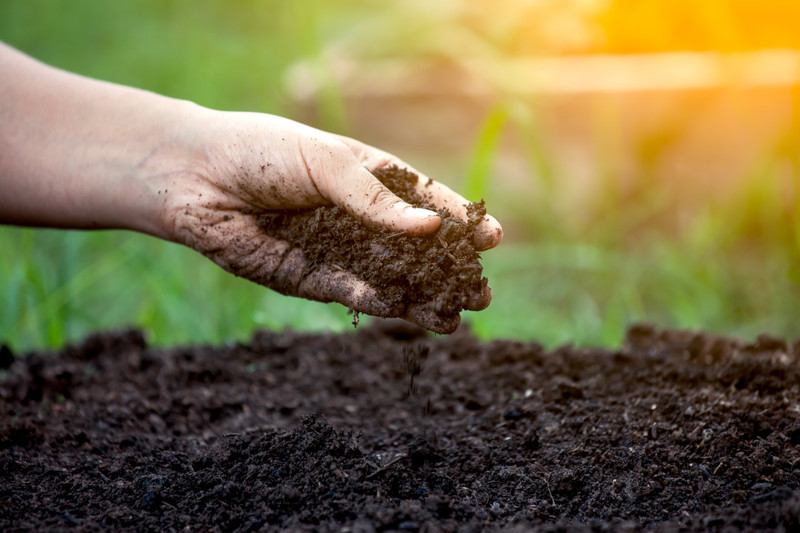What is PAS100 compost?
Posted by Lisa Taylor on 1st May 2023
When you ask us the composition of our blended soils we advise that the main component is PAS100 compost. While this makes sense to us, it might not mean much to others! So, what exactly is PAS100?
PAS 100 is a specification for compost, developed by the British Standards Institution (BSI) in collaboration with the composting industry. It outlines the minimum requirements for the production of compost from source-segregated biodegradable waste. Compost that meets the PAS 100 standard is considered a high-quality product, free from harmful contaminants and suitable for a wide range of horticultural and agricultural applications.
PAS 100 compost must meet a number of requirements, including specific limits on physical contaminants (such as plastic and glass), chemical contaminants (such as heavy metals), and plant pathogens. The compost must also meet requirements for nutrient content and stability, as well as pH and moisture levels.
To produce compost that meets the PAS100 standard, there are several key steps involved in the composting process, including:
Feedstock selection
The feedstock is the organic material used to make the compost. Our PAS100 is made from organic green waste - essentially the material that goes into your garden brown bin; twigs, leaves, etc.
Pre-treatment
The feedstock undergoes pre-treatment to ensure that it's suitable for composting. This can include shredding, grinding, and mixing to achieve the desired particle size and ensure proper aeration.
Composting
The feedstock is then mixed and placed in a composting vessel or heap, where it undergoes aerobic decomposition. This composting process involves the action of microorganisms, which break down the organic material and produce heat as a byproduct. The temperature of the compost pile is monitored to ensure that it reaches and maintains the required temperature for a specified period of time, typically 21 days at 60°C or above. This ensures proper sanitisation and pathogen reduction.
Curing
After the active composting phase is complete, the compost is left to cure, or age, for several weeks to several months. This helps to stabilise the compost, reduce odors, and allow any remaining pathogens to die off.
Testing and certification
Once the compost has cured, it is tested to ensure that it meets the requirements of the PAS100 standard. This testing includes analysis of physical, chemical, and biological parameters, such as moisture content, pH, nutrient content, and microbial activity. If the compost meets the PAS100 requirements, it can be certified for use in various applications.
Overall, the production of compost that meets the PAS100 standard involves careful selection of feedstock, proper pre-treatment and composting, and thorough testing and certification to ensure the compost is safe and suitable for use.
By using this as the main ingredient of our soils we are confident that we are supplying our customers with a nutritious soil blend that helps plants to thrive and grow. Feedback from our customers has been very positive - it's safe to say our turf base and premium soil are well loved products!

